Photo AI
Last Updated Sep 24, 2025
Reproductive Technologies Simplified Revision Notes for SSCE HSC Biology
Revision notes with simplified explanations to understand Reproductive Technologies quickly and effectively.
443+ students studying
Reproductive Technologies
Overview of Genetic Changes
Genetic Technologies: Techniques like CRISPR-Cas9 and cloning allow for the manipulation of DNA to achieve specific biological outcomes. Emerging from molecular biology, these innovations encompass:
- Gene Editing: Precise alterations of DNA to correct genetic defects.
- Cloning: Creating identical genetic copies of organisms.
- Genetic Modification: Introducing new traits to improve functionality.
Why are these changes groundbreaking?
Reflect on how each technology is transforming our understanding of genetics.
Comparison: Traditional vs. Modern Genetic Technologies
- Traditional Methods: Encompassing selective breeding, which is slower and less precise.
- Modern Technologies: Provide rapid, precise modifications with enhanced control capabilities.

Role and Objectives of Genetic Technologies in Science and Agriculture
- Scientific Research: Increases understanding of gene functions and disease correlations.
- Food Production: Enhances crop yields and nutritional content.
- Disease Resistance: Breeds resistant livestock and crop varieties.
Sustainable and ethical applications are crucial.
Inquiry Question: Does Artificial Manipulation of DNA Have the Potential to Change Populations Forever?
Inquiry Question: Does artificial DNA manipulation possess transformative potential? What possible long-term impacts do you anticipate?
- Genetic alterations may lead to enduring changes in a population's resilience and adaptability.
Implications for Biodiversity and Genetic Integrity
- Monocultures: Could result in reduced biodiversity.
- Genetic Integrity Concerns: GMOs might dominate local ecosystems, diminishing variety.
Case Study:
- An in-depth analysis of the effects of GMOs on specific local ecosystems, influencing native species and biodiversity.
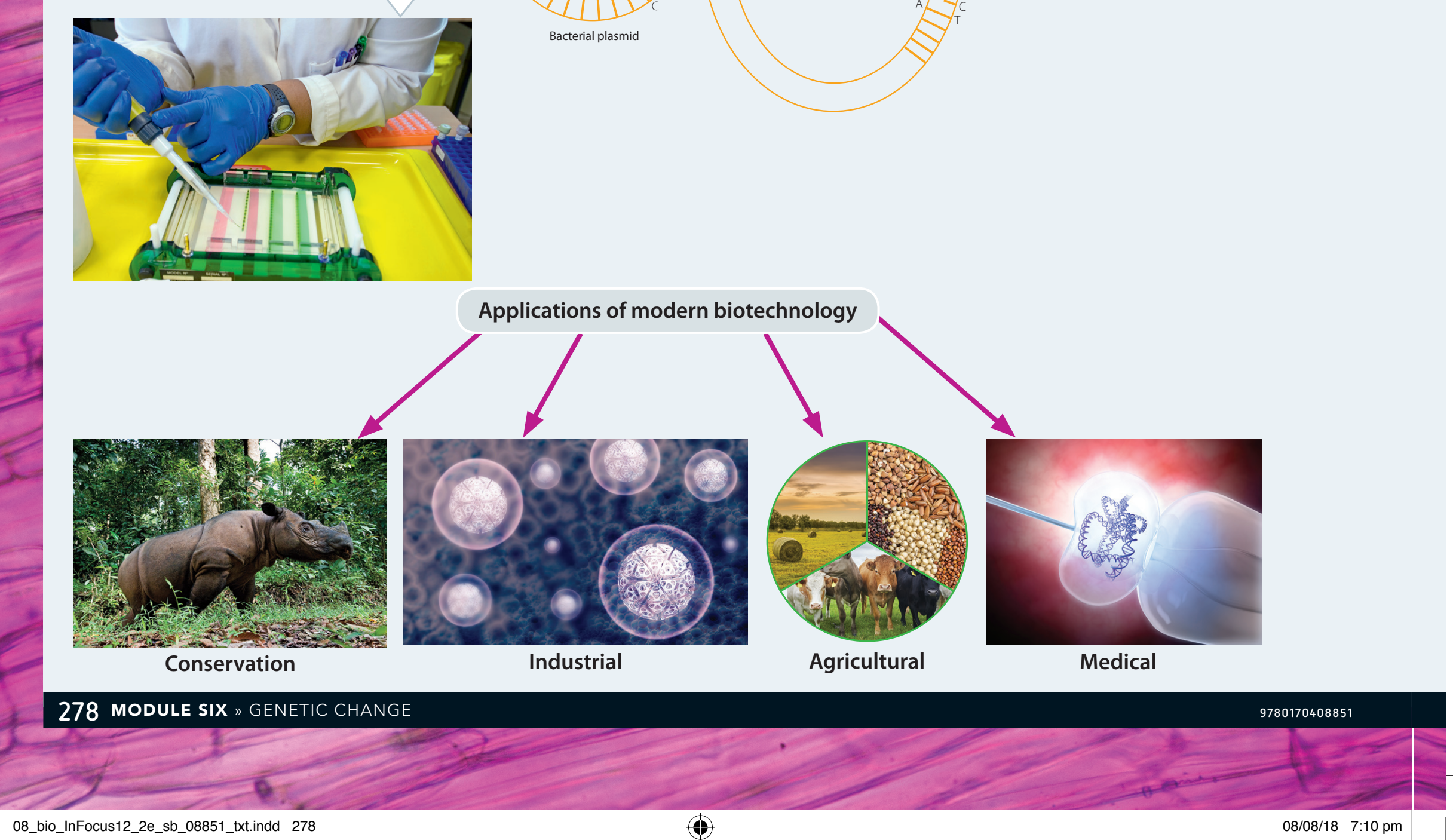
Addressing Potential Long-term Evolutionary Changes
- Affecting Evolutionary Trajectories: Genetic modifications could alter evolutionary paths.
- Short-term Benefits: Include enhanced crop yields and disease resistance with potential unforeseen evolutionary outcomes.
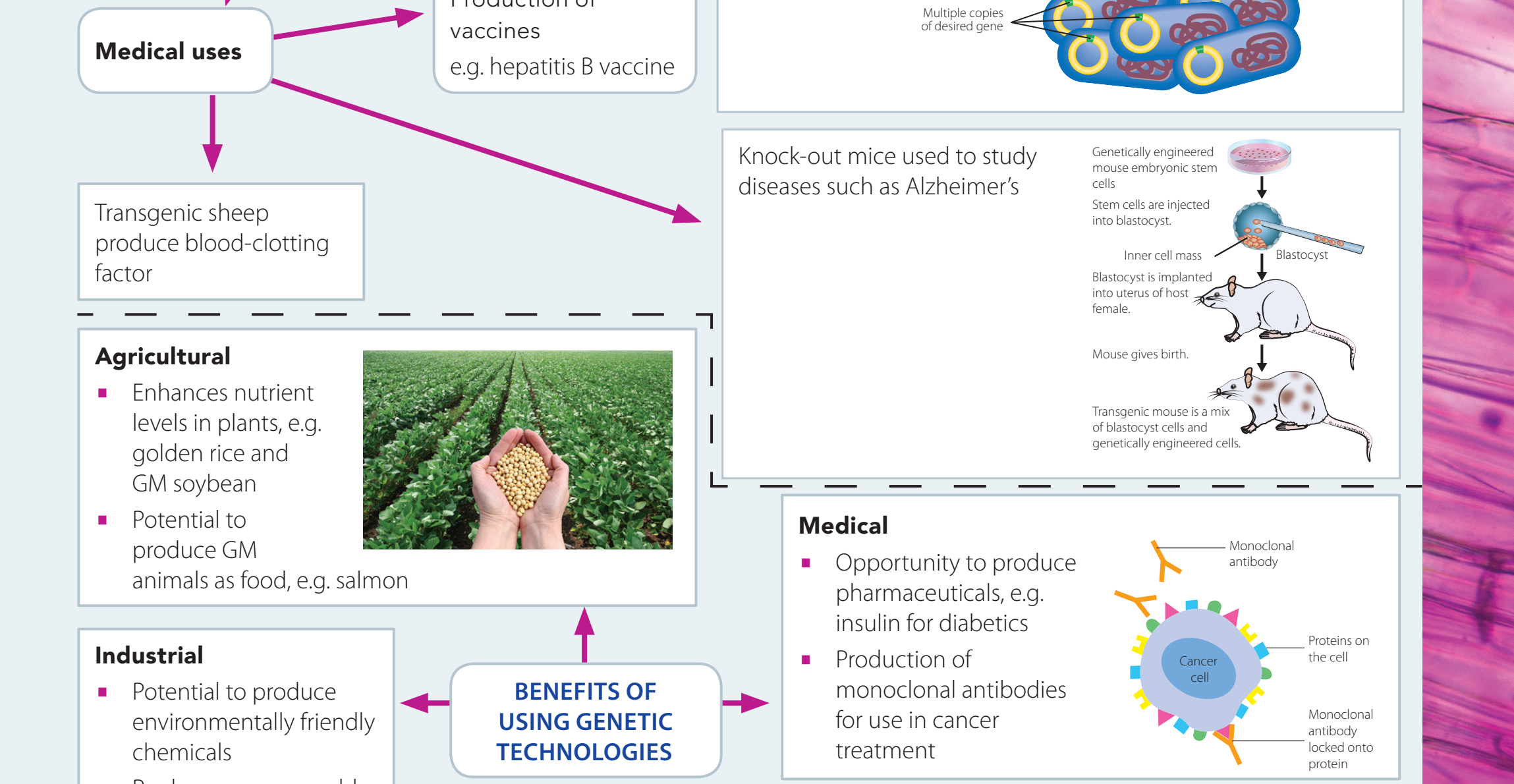
Overview of Genetic Manipulation Methods
-
CRISPR Technology:
- CRISPR advances gene editing through its accuracy and lower mutation rates.
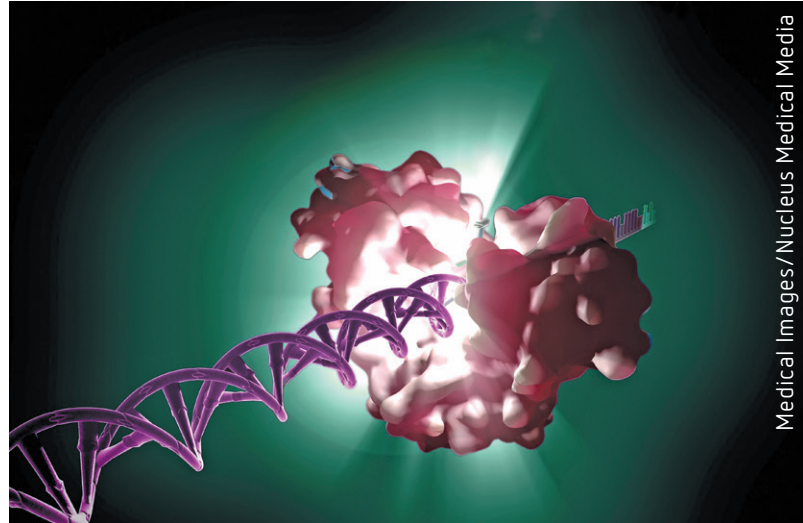
-
Gene Therapy:
- Gene Therapy: Involves gene alterations to treat genetic disorders.
- Somatic Therapy: Affects non-reproductive cells; changes are non-heritable.
- Germline Therapy: Alters reproductive cells; changes are heritable, raising ethical questions regarding long-term social impacts.
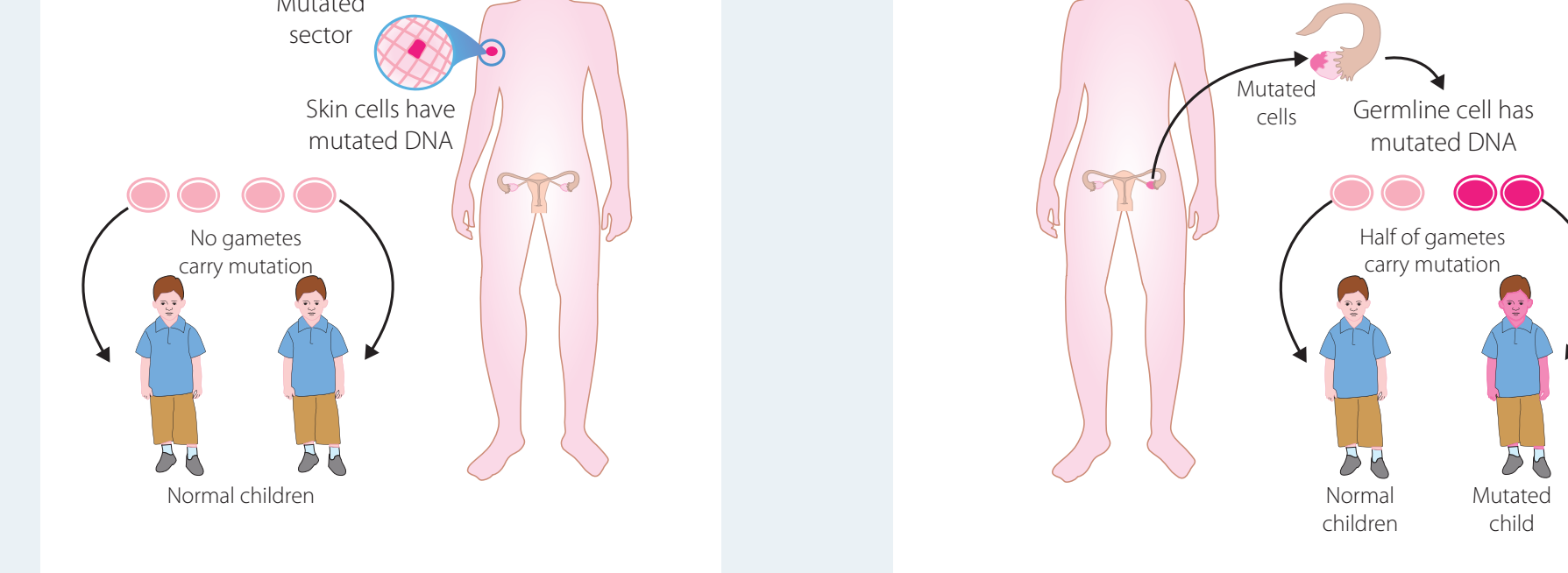 chatImportant
chatImportantGermline therapy's heritable nature necessitates serious ethical considerations concerning societal and generational effects.
-
Traditional Breeding:
- Selective Breeding and Hybridisation involve choosing parent organisms with specific traits and cross-breeding different species.

Applications Ensuring Genetic Benefits Across Species
-
Agricultural Applications:
- Genetically modified crops like Bt Cotton demonstrate increased yields, improved nutrition, and robust pest/disease resistance.
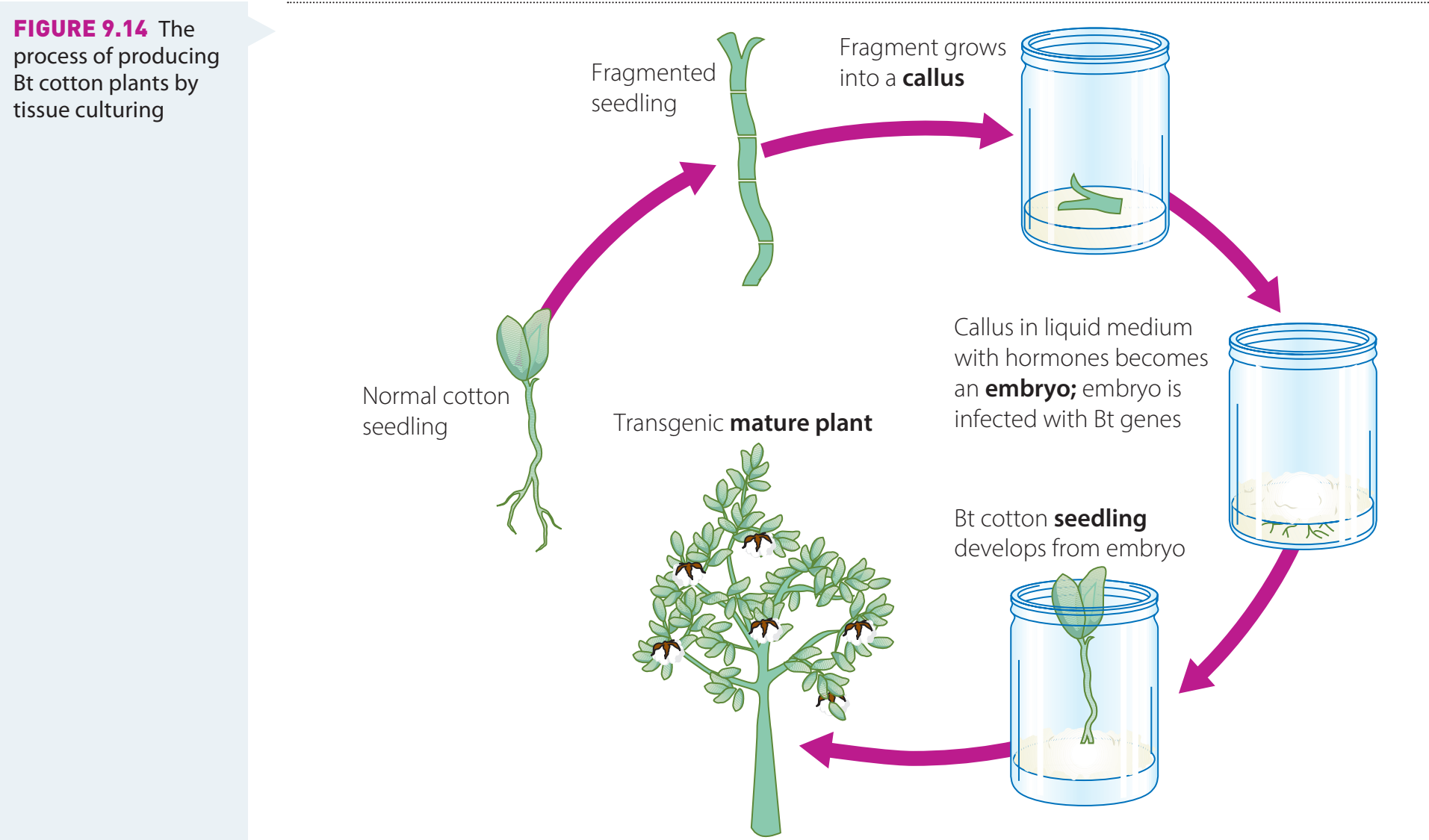
-
Medical Applications:
- Genetic engineering in vaccines facilitates proactive disease prevention.
- Personalised Medicine: Utilises genetic data to customise treatments, improving patient care.
Case Studies of Genetic Technologies' Success
-
Agricultural Success:
- Bt Cotton: Demonstrates notable benefits in reducing pesticide use and increasing crop yields.
-
Medical Success:
- CRISPR-Cas9 is pivotal in treating genetic disorders such as sickle cell anaemia, exemplifying the transformative potential of genetic editing.
infoNoteCRISPR-Cas9's applications in addressing genetic disorders highlight its groundbreaking influence on modern medicine.
Ethical Debates Surrounding Genetic Interventions
-
Ethical Concerns:
- Risks include possible ecological impacts and moral considerations in genetic manipulation.
chatImportantEthical considerations are vital for the responsible use of genetic technologies to avoid adverse long-term effects.
-
Social Implications:
- Inequality in technology access highlights the necessity for ethical governance and equitable policy-making to ensure inclusiveness in genetic advancements.
infoNoteAddressing access disparities is crucial for ensuring equitable distribution of genetic technology benefits.
Introduction to Artificial Insemination
Artificial Insemination (AI): A method of placing sperm into a female's reproductive system to aid fertilisation, used in both humans and animals.
Detailed Breakdown of the AI Process
- Collection of Sperm
- Cryopreservation: The preservation of cells or tissues at extremely low temperatures.
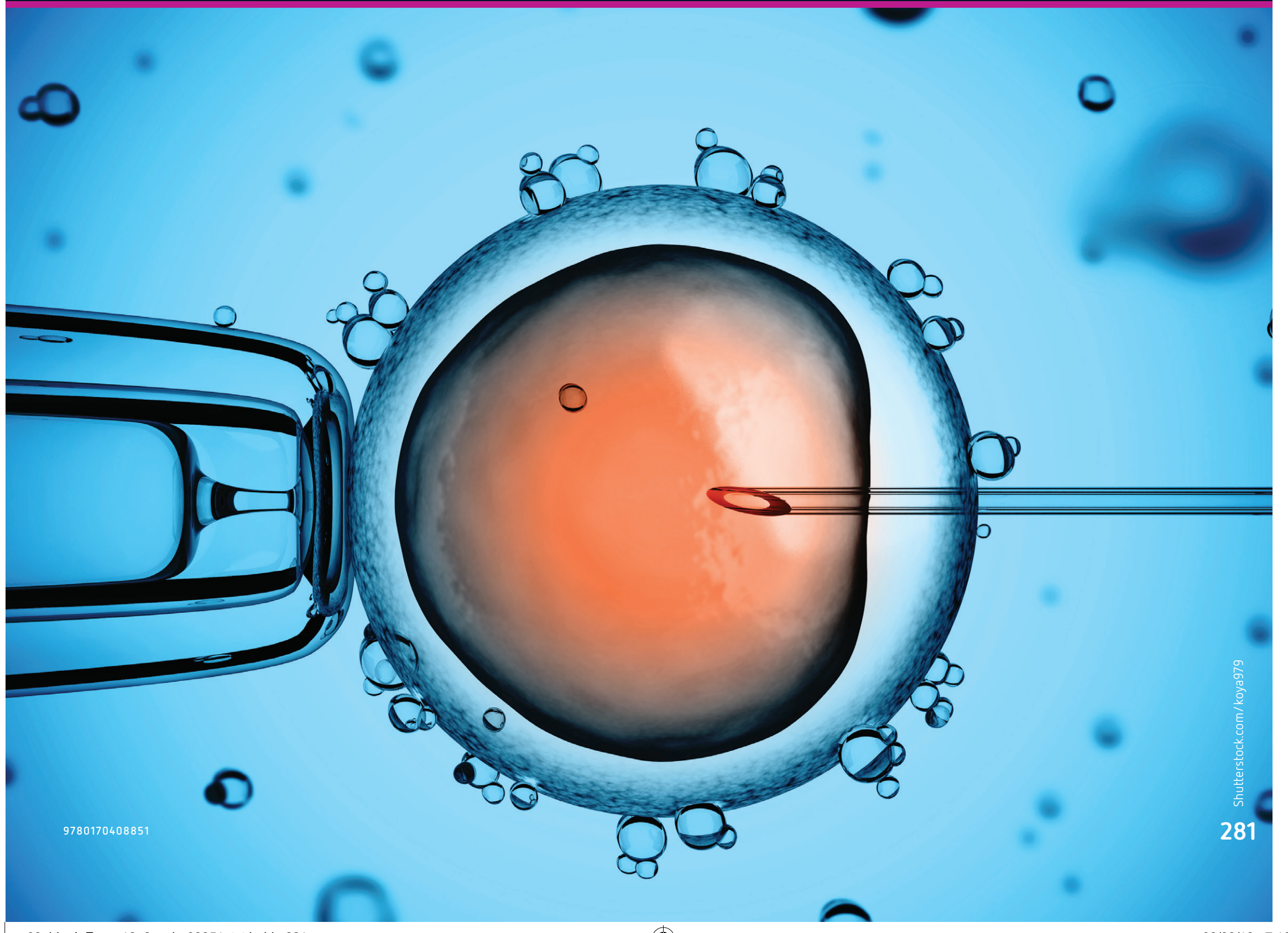
Advantages of Artificial Insemination
- Genetic Diversity: Enhances genetic diversity by incorporating valuable genes.
Limitations and Concerns
- Ethical Concerns: Debates arise over AI versus natural reproduction.
Practice Question
- Evaluate AI's role in conservation efforts, considering its impact on genetic diversity and ethical considerations.
Solution: Artificial insemination plays a crucial role in conservation by allowing genetic diversity to be maintained in endangered species populations. It enables breeding between geographically separated individuals and can introduce genetic variety without physical transportation of animals. However, this must be balanced against ethical considerations about natural selection processes and potential over-reliance on human intervention in reproduction. A comprehensive evaluation would weigh the benefits of preserving endangered genetic lineages against concerns about artificial selection and ecological authenticity.
Ethical Reflection: What limitations should be imposed on genetic selections via AI?
Introduction to Artificial Pollination
Artificial Pollination: Manual pollen transfer between flowers.
- Artificial Pollination:
- Provides precision and control.

The diagram above contrasts natural and artificial methods.
Technology Comparison
Below is a comparison of artificial insemination and artificial pollination based on key criteria:
- Success Rates:
- Artificial Insemination: Success rates range from 40% to 70%, depending on species.
- Artificial Pollination: Can enhance crop yield by up to 20%.
Ethical Concerns: Involve animal welfare in insemination and ecological effects in pollination.
Detailed Analysis
Applications in Animal-based Technologies
- Benefits of Artificial Insemination:
- Enhances genetic diversity.
Applications in Plant-based Technologies
-
Benefits of Artificial Pollination:
- Boosts crop yield and encourages genetic diversity.
chatImportantEcological Risks: Includes potential for unintended hybridisation and biodiversity reduction.
Long-term Effects & Ethical Debates
- These technologies affect evolutionary processes, causing shifts within ecosystems.
Social and Ethical Implications
- Different Perspectives:
- Influenced by religious and cultural beliefs.
Cultural Context
Reproductive technologies have advanced scientific boundaries, offering substantial developments.
Cultural Beliefs and Norms
- Western Societies: Often more accepting due to an emphasis on individual freedoms and scientific innovation.
Religious and Ethical Concerns
Ethical Reflection: Weigh benefits against potential risks.
Anticipated Future Trends
- CRISPR/Cas Technologies:
- Enhancements in precision: Offer significant potential for disease prevention and agricultural benefits.
Anticipated Ethical and Governance Challenges
- Development of new ethical frameworks is essential for emerging technologies.

Educational Roles and Advocacy
- Education is vital in disseminating genetic knowledge.
- CRISPR: Represents a considerable breakthrough in biogenetics, paving new avenues.
Practice Question
Evaluate the impact of reproductive technologies on global biodiversity.
Solution: Reproductive technologies have both positive and negative impacts on global biodiversity. On the positive side, they enable conservation of endangered species through artificial insemination and preservation of genetic diversity that might otherwise be lost. They also allow for restoration of ecosystem balance by supporting reproduction in threatened populations. However, negative impacts include potential homogenisation of genetic pools when certain traits are consistently selected, disruption of natural selection processes, and possible creation of monocultures in agricultural settings. Overall, the impact depends on how these technologies are implemented—with careful ecological consideration, they can support biodiversity, but without proper oversight, they risk undermining natural genetic variation essential for ecosystem resilience.
500K+ Students Use These Powerful Tools to Master Reproductive Technologies For their SSCE Exams.
Enhance your understanding with flashcards, quizzes, and exams—designed to help you grasp key concepts, reinforce learning, and master any topic with confidence!
250 flashcards
Flashcards on Reproductive Technologies
Revise key concepts with interactive flashcards.
Try Biology Flashcards33 quizzes
Quizzes on Reproductive Technologies
Test your knowledge with fun and engaging quizzes.
Try Biology Quizzes37 questions
Exam questions on Reproductive Technologies
Boost your confidence with real exam questions.
Try Biology Questions2 exams created
Exam Builder on Reproductive Technologies
Create custom exams across topics for better practice!
Try Biology exam builder24 papers
Past Papers on Reproductive Technologies
Practice past papers to reinforce exam experience.
Try Biology Past PapersOther Revision Notes related to Reproductive Technologies you should explore
Discover More Revision Notes Related to Reproductive Technologies to Deepen Your Understanding and Improve Your Mastery
